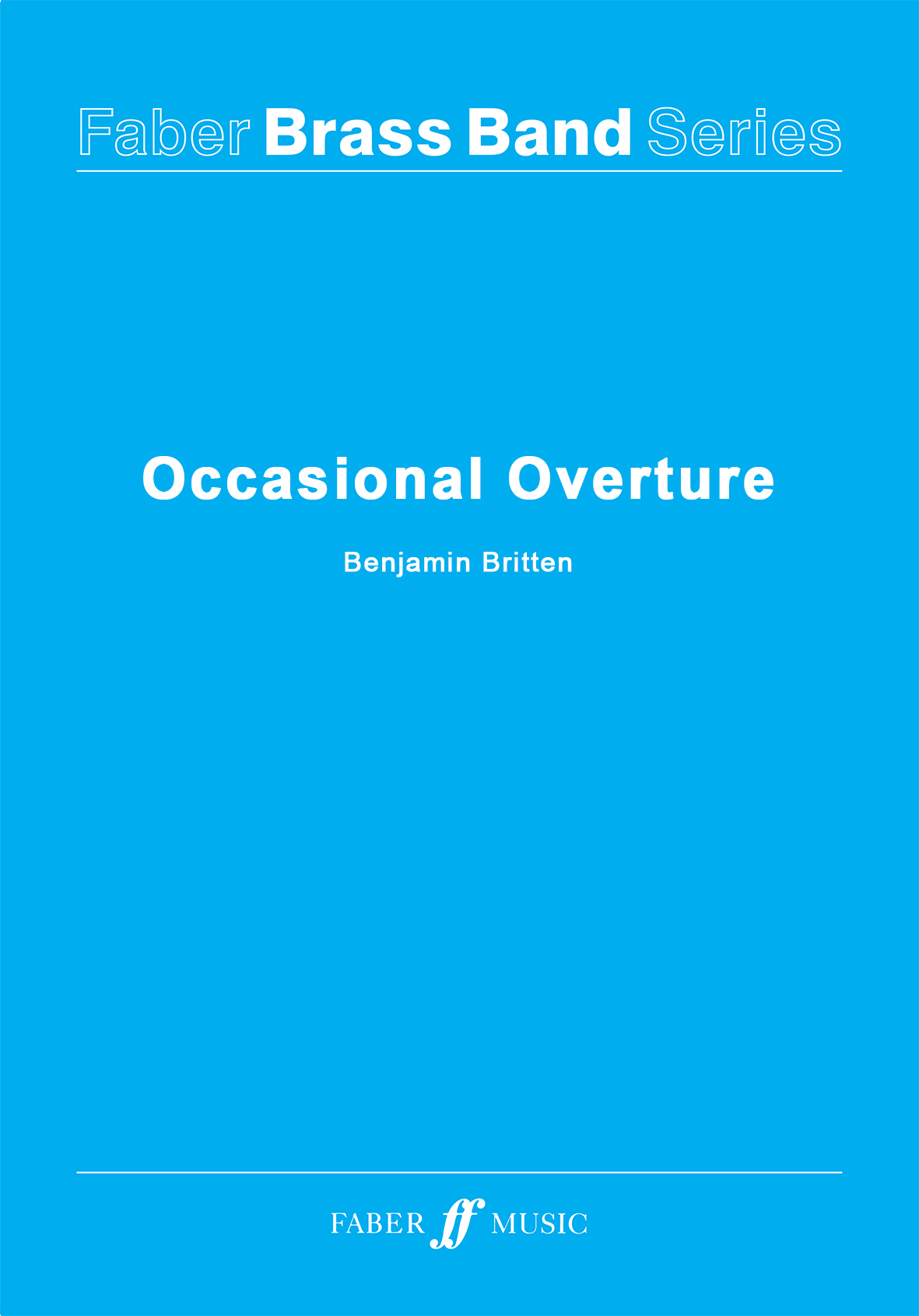Results
-
Runaway - Max Crook & Del Shannon - Len Jenkins
"Runaway" was made famous by Del Shannon in 1961 when it was released in the February of that year and quickly became an international hit. At its height it was said to be selling at the rate of 80,000 singles per day and in the June made number one in the UK. It was written with Max Crook who had invented his own clavioline-based electric keyboard called a Musitron which features in the original recording. The song was originally recorded in A minor, but the producer sped up the finished recording to just below B-flat minor. The iconic synthesiser sound in this arrangement is reproduced as a solo on Soprano cornet, and should be within the capabilities of most players provided attention is paid to the breathing regime.
-
£55.00
Occasional Overture - Benjamin Britten
Benjamin Britten composed his Occasional Overture Op.38, for the opening of the BBC Third Programme on 29th September 1946, when it was performed by the BBC Symphony Orchestra under Sir Adrian Boult. It was not heard again until 1982, when the composer's Executors decided that it should be revived. Given the dominance of brass and woodwind in this concise but exciting work, versions for brass band and wind band have been prepared for Britten's centenary year.Brass Band Grade 6: Championship.Duration: 8 Minutes.
In Stock: Estimated dispatch 1-3 working days
-
£39.00
Smak av honning - Lars Lillo-Stenberg og Per Lillo-Stenberg - Idar Torskangerpoll
"Smak av honning" ("Taste of Honey") is one of the greatest hits by Norweian pop band DeLillos. It was first included on the EP "Smak av honning" in 1995 and also on the "Sent og tidlig" album-release later that year.Lars Lillo-Stenberg wrote the music shortly after receiving the lyrics from his father, Per Lillo-Stenberg.
Estimated dispatch 7-14 working days
-
£58.00
Marsjkonkurransen - Bo-Carlsen - Haakon Esplo
"Gurines March" is a very well-known song in Norway. Lalla Carlsen made great success performing it in the Chat Noir Revue "Det er servert" ("It's Served") in 1932 and in the movie "Opp med hodet" the same year. The song is the same melody that was used for the "The Man Who Broke the Bank at Monte Carlo".Norwegian singer/banjo player Kari Svendsen is one of many performers who have made recordings of the tune from then on to this day. "Gurines March" is great for parade, where it certainly will bring a smile or two among the audience.
Estimated dispatch 7-14 working days
-
£79.00
Bring Him Home (From "Les Miserables") - Boublil-Kretzmer-Schoenberg - Bjorn Morten Kjaernes
The novel by Victor Hugo which the story of this musical is based on, received only limited success in France when it was published. After translating the entire piece into English and adding a a great deal of new material it was still very poorly recieved in London ad well. But satisfied audiences spread the word and soon the ticket sales went through the roof. The show is now in it's 25th year in London!
Estimated dispatch 7-14 working days
-
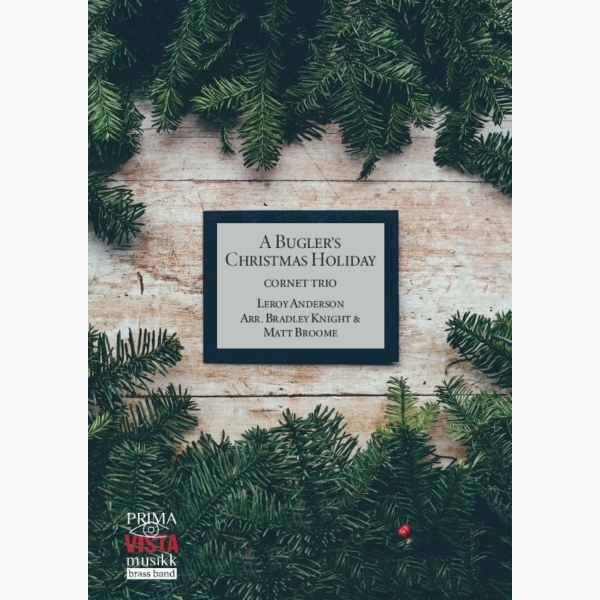 £29.95
£29.95A Bugler's Christmas Holiday - Leroy Anderson - Bradley Knight & Matt Broome
Written as a virtuoso trumpet trio, Bugler's Holiday is one of Leroy Anderson's best-known compositions. Written in 1954, it was premiered on 31st December of the same year by the Cincinnati Symphony Orchestra. This festive take on the piece cleverly...
Estimated dispatch 5-7 working days
-
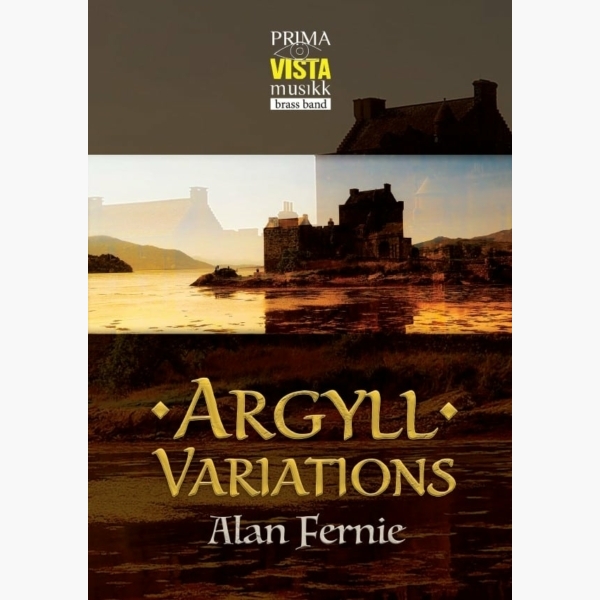 £49.95
£49.95Argyll Variations - Alan Fernie
Argyll Variations was commissioned in 2015 by the Scottish Brass Band Association for the National Children's Band of Scotland and premiered by them in Dunblane Cathedral in July of that year. There are three elements to the variations, the most...
Estimated dispatch 5-7 working days
-
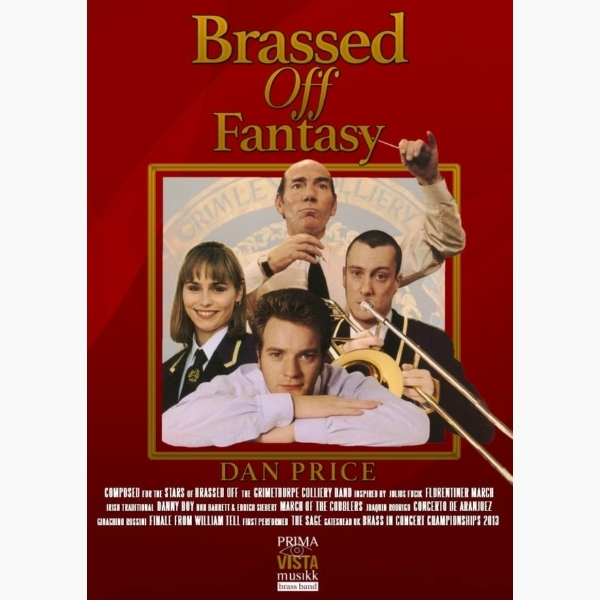 £29.95
£29.95Brassed Off Fantasy - Dan Price
Commissioned in 2013 by the Grimethorpe Colliery Band and included in their Brass in Concert program the same year, Brassed Off Fantasy is a skilfully written selection of music which appears in the 1996 film Brassed Off, which of course,...
Estimated dispatch 5-7 working days
-
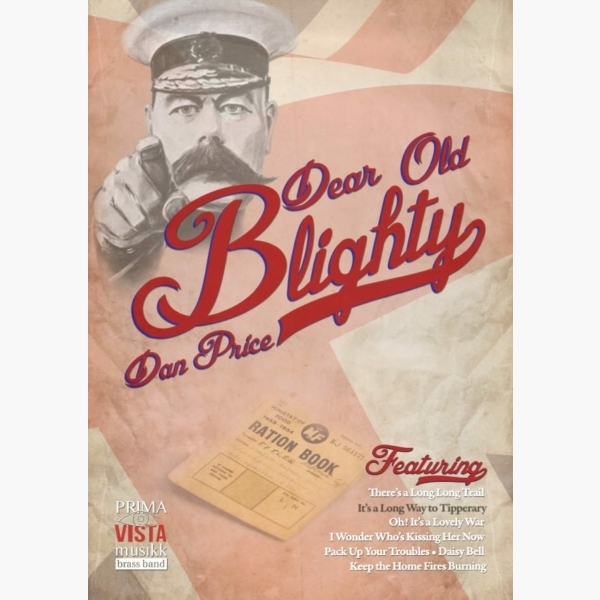 £34.95
£34.95Dear Old Blighty - Dan Price
Commissioned in 2014 by the Flowers Band and premiered at the Cheltenham Music Festival in the same year, Dear Old Blighty is a creative arrangement of songs popular in 1914 and of those released during the World War I period....
Estimated dispatch 5-7 working days
-
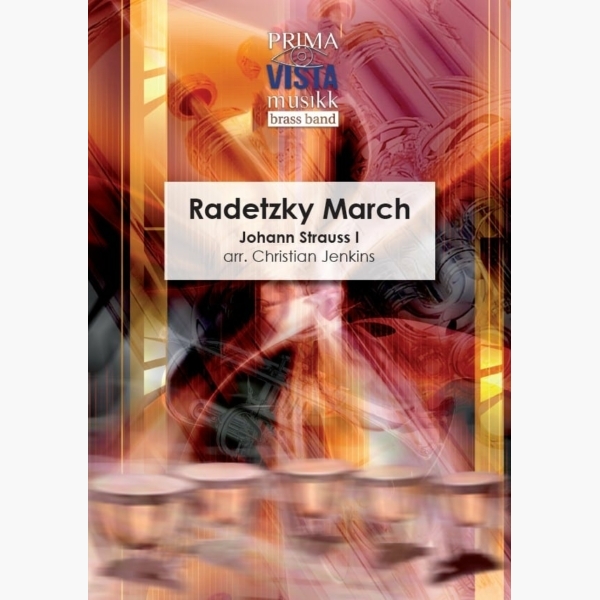 £24.95
£24.95Radetzky March - Johann Strauss I - Christian Jenkins
First performed in Vienna on the 31st August 1848, the Radetzky March is one of Strauss' most enduring pieces. It was commissioned to celebrate the Austrian Empire's victory over Sardinia at the Battle of Custoza earlier that year, and was...
Estimated dispatch 5-7 working days

